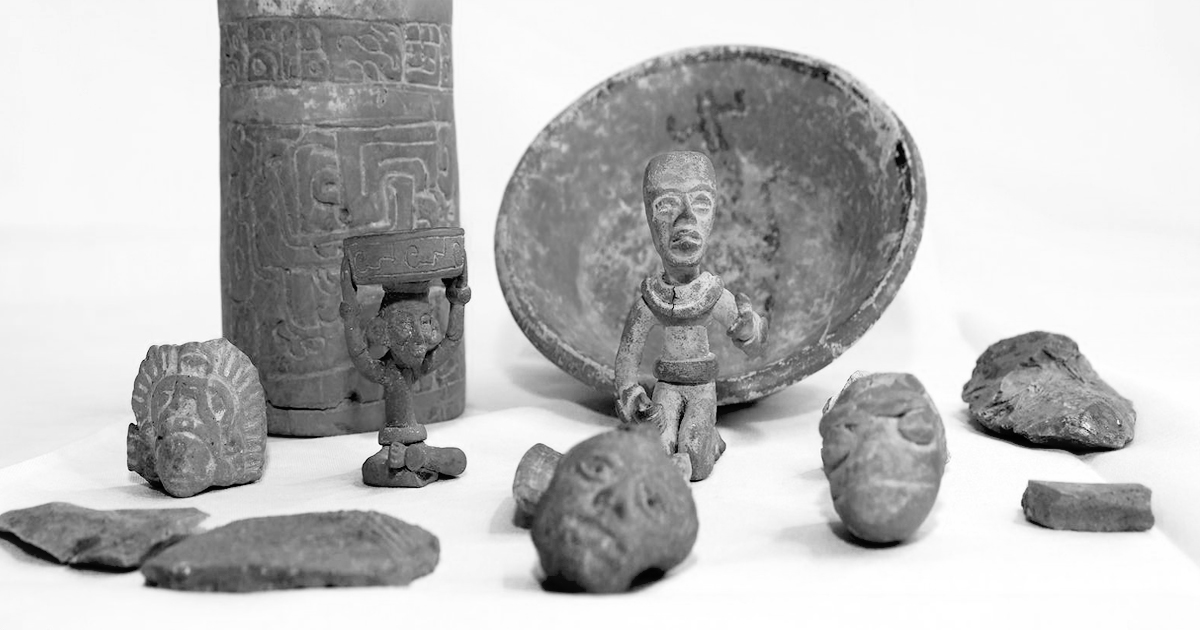Throughout history, there have been several ancient powerful states that have left a significant impact on the world.
Ancient Egypt: Ancient Egypt, known for its impressive civilization along the Nile River, thrived for thousands of years. The Pharaohs ruled as god-kings, and the society was characterized by advanced agricultural practices, monumental architecture (such as the pyramids), a complex religious belief system, hieroglyphic writing, and advancements in science and medicine.
Ancient Greece: Ancient Greece is renowned for its contributions to philosophy, art, literature, and democracy. City-states like Athens and Sparta emerged as influential powers. Greek culture laid the foundation for Western civilization, with notable figures such as Socrates, Plato, Aristotle, and the city of Athens becoming centers of intellectual and artistic innovation.
Roman Empire: The Roman Empire, spanning from 27 BCE to 476 CE, was a dominant power in Europe, North Africa, and the Middle East. It was characterized by its efficient governance, vast infrastructure (such as roads and aqueducts), legal system, military prowess, and significant cultural and technological advancements. The Roman Empire left a lasting legacy in areas such as law, architecture, language (Latin), and governance.
Persian Empire: The Persian Empire, under various dynasties like the Achaemenids, Parthians, and Sassanids, emerged as a major power in ancient times. It encompassed vast territories across the Middle East, Central Asia, and Egypt. Known for their administrative efficiency, tolerance, and grand architecture (such as the city of Persepolis), the Persians left a lasting cultural and political impact on the regions they controlled.
Qin Dynasty: The Qin Dynasty in ancient China (221-206 BCE) unified China under the rule of Emperor Qin Shi Huang. Notable achievements include the construction of the Great Wall, the standardization of the Chinese script and currency, and the establishment of a centralized bureaucratic system. The dynasty’s legalist approach to governance and emphasis on military power laid the foundation for subsequent Chinese dynasties.
Maurya Empire: The Maurya Empire in ancient India (322-185 BCE) was one of the largest and most powerful empires in South Asia. Ruled by Emperor Ashoka, the Maurya Empire expanded through military conquests, promoting trade and infrastructure development. Ashoka’s conversion to Buddhism and his subsequent efforts to spread the teachings of non-violence and moral principles left a lasting impact on Indian history.
These are just a few examples of ancient powerful states, each with its own unique contributions and historical significance. They shaped the political, cultural, and intellectual landscapes of their time, leaving legacies that continue to influence the world today.






